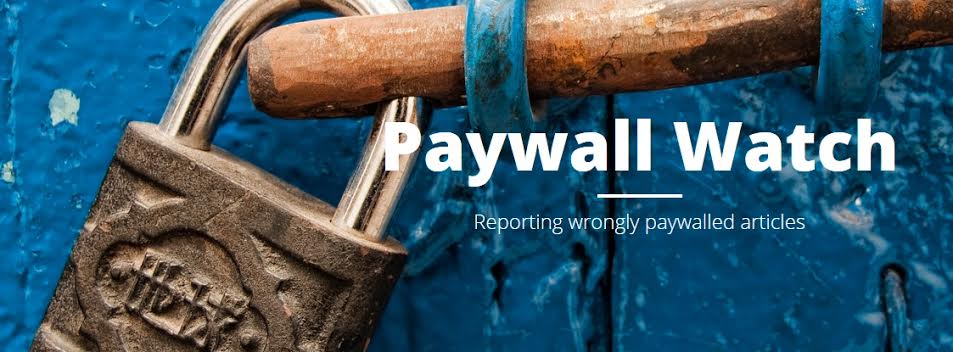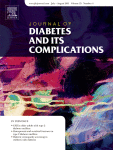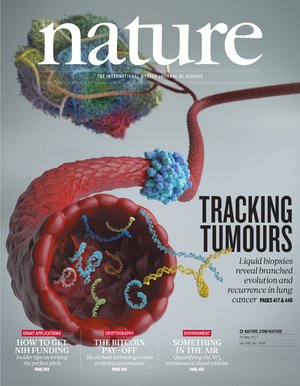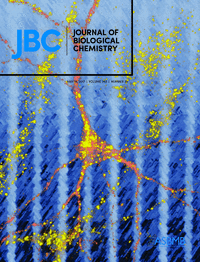 Mistakes happen. Including, sometimes, putting articles that should be freely available behind a paywall. This occasionally happens — though likely not with alarming frequency, according to publishing expert Charles Oppenheim, who recently wrote about the issue in Scholarly Kitchen. Still, the costs can literally be high, both for the authors who paid to make their articles free and the readers who must pay unnecessarily. Plus, there are indications that not everyone in the publishing community takes the problem seriously. We spoke with patient advocate and open-access advocate Graham Steel, the editor of a new site that tracks such mistakes, Paywall Watch (also recently profiled by The Scientist).
Mistakes happen. Including, sometimes, putting articles that should be freely available behind a paywall. This occasionally happens — though likely not with alarming frequency, according to publishing expert Charles Oppenheim, who recently wrote about the issue in Scholarly Kitchen. Still, the costs can literally be high, both for the authors who paid to make their articles free and the readers who must pay unnecessarily. Plus, there are indications that not everyone in the publishing community takes the problem seriously. We spoke with patient advocate and open-access advocate Graham Steel, the editor of a new site that tracks such mistakes, Paywall Watch (also recently profiled by The Scientist).
Retraction Watch: What inspired you to develop this website (not to be confused with another Paywall Watch blog, which tracks subscriptions to media sites)? Did any personal experience with a paywall or some other publishing problem prompt you or any of your co-founders to create the site? What’s the ultimate goal?
Continue reading How upset should we get when articles are paywalled by mistake?




 A neurochemistry journal has retracted a paper from a group in China over a duplicated image.
A neurochemistry journal has retracted a paper from a group in China over a duplicated image. A former researcher at Johns Hopkins who voiced concerns about a now-retracted paper in
A former researcher at Johns Hopkins who voiced concerns about a now-retracted paper in  On April 27, the Journal of Biological Chemistry (JBC) retracted nine papers by a researcher based in Israel, including some dating back to 2000.
On April 27, the Journal of Biological Chemistry (JBC) retracted nine papers by a researcher based in Israel, including some dating back to 2000.